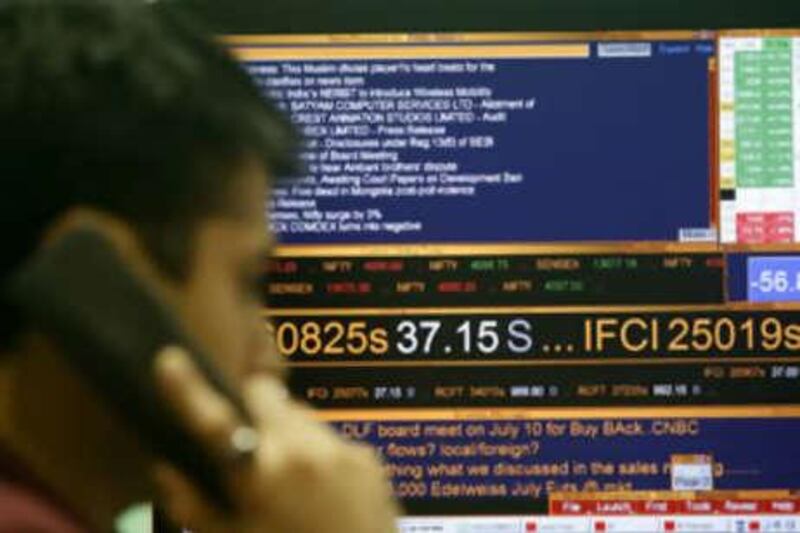MANILA // Islamic militants across Southeast Asia have become increasingly dependent on donations, including zakat, meaning 'alms', to finance bombings because governments have tightened bank controls, according to security experts. More than 50 per cent of terrorist financing in Southeast Asia now comes from individual donations, said Arabinda Acharya of the International Centre for Political Violence and Terrorism Research in Singapore.
"It's now the largest source of money for militants because it's difficult to detect," Mr Acharya said at a workshop on countering the financing of terrorism in Manila this week, adding Islamic jihadists have been avoiding formal channels. But, he believed the money passing through informal methods, such as couriers, was not as substantial as that funnelled by al Qa'eda support groups before the 2001 deadly attacks in the United States.
After the September 11 attacks, Mr Acharya said militants elsewhere in the world had moved their funds out from banks and invested them in stocks, gems, real estate, insurance and other financial instruments. "We learned that Islamic militants in India were speculating in stocks and those in Africa were buying diamonds and other gem stones," he said, adding that those in Southeast Asia rely more on donations from charity organisations and from zakat, which is usually but not exclusively collected at mosques.
In the Philippines, Mr Acharya said the deadliest militant group, the Abu Sayyaf, was forced to go into kidnapping and extortion because the money it was getting from foreign and local donors was not enough to finance bombings. Citing a classified Philippine police report, Mr Acharya said the Abu Sayyaf abandoned a plot in 2006 to blow up targets in Manila as well as build a chemical plant in the south because its funds from abroad were drying up.
On Wednesday, the Philippines' Court of Appeals upheld a guilty verdict against an Indonesian and two Filipino militants from Abu Sayyaf for planting a bomb on a bus that killed six people on St Valentine's Day in 2005. In October 2005, the three were sentenced to death, but the appeals court changed it to life imprisonment after a law was passed in 2006 repealing capital punishment. Since the 1990s, the Abu Sayyaf has collected more than 20 million pesos (Dh1.6million) from zakat in the southern Philippines alone, although it is dwarfed by the amount it raises from kidnapping and extortion, said Rodolfo Mendoza, deputy head of the national police's investigation division.
Still, the contribution of zakat is increasing. "Zakat has contributed a lot in the continuity of the struggle of the Abu Sayyaf," Mr Mendoza said, adding the rebels had been using the internet to highlight Muslims' struggle in the south to gain more donations from people and groups abroad. Rohan Gunaratna, a Singapore-based counter terrorism expert and author of the book Inside al Qa'eda, believed the Abu Sayyaf continues to received foreign funding from the Middle East, by passing through Indonesia.
"The Abu Sayyaf is able to survive because of the flow of funds from Jemaah Islamiah (JI) and an Indonesia-based charity group Kompak," Mr Gunaratna said. Mr Gunaratna said Saudi Arabia has now replaced Pakistan and Afghanistan as the main source of funds for Muslim rebels in the south of the mainly Christian Philippines. "Money received from overseas is channelled through front, cover and sympathetic organisations that are based in the south," Mr Gunaratna said, adding these groups take the face of religious, educational, humanitarian and human rights organisations.
In the past, the Saudi-based International Islamic Relief Organisation (IIRO) and Kompak have been identified as sources of funds by Muslim militants in the Philippines. *Reuters





